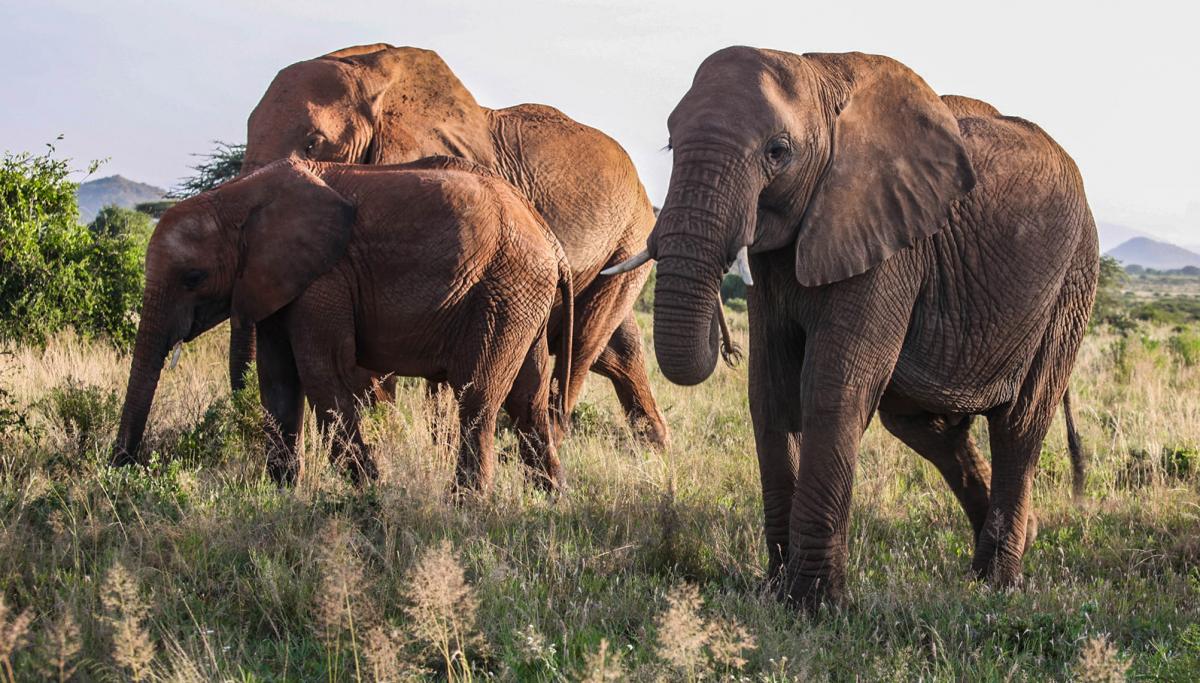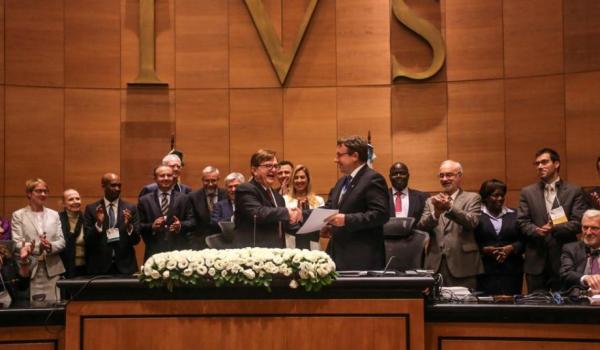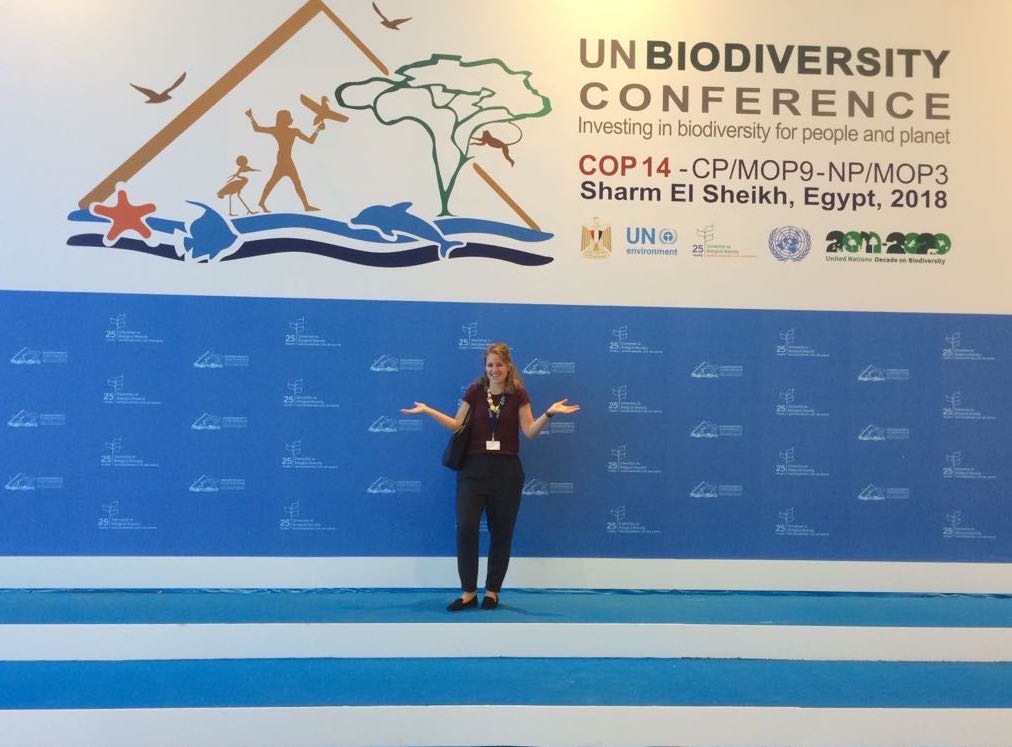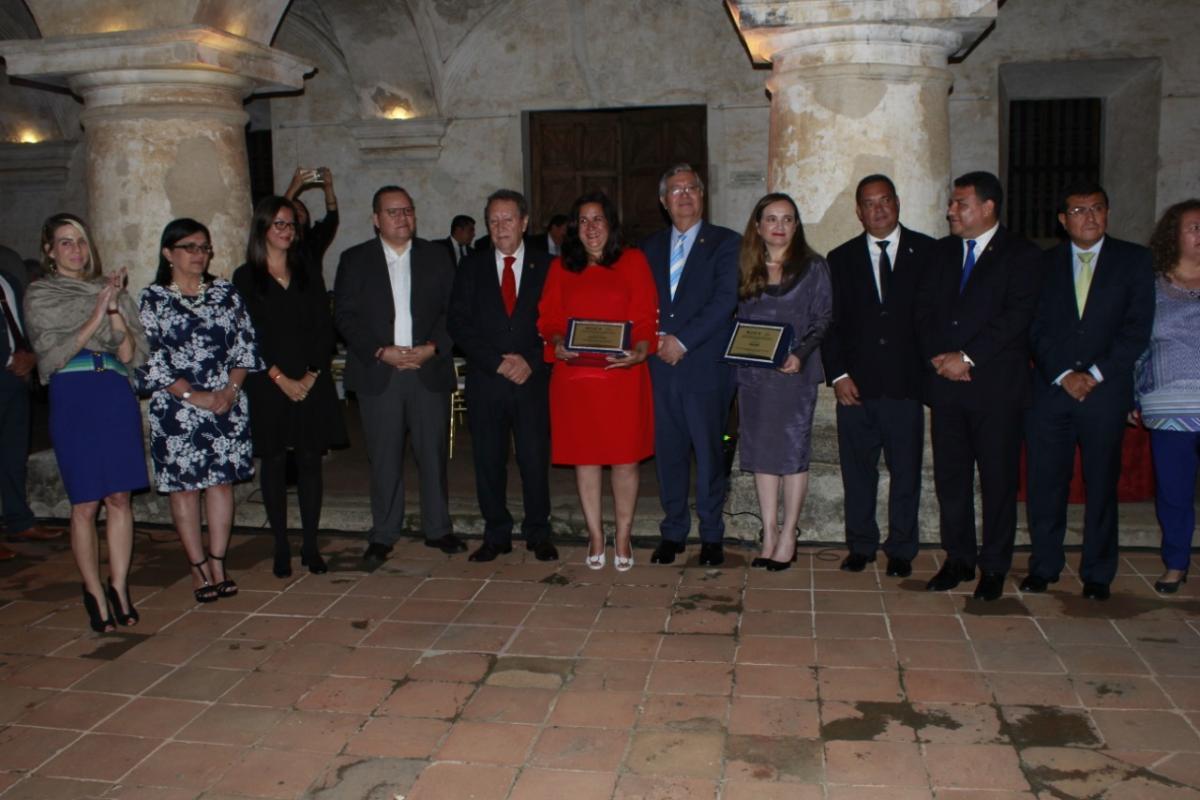Wildlife Crime Fighting: Saving our Species through Criminal Law
29% of the 82,954 species which are listed on the IUCN Red List are threatened with extinction. This figure was announced at the IUCN World Conservation Congress which took place in Hawai’i from the 1st to the 10th of September 2016. If habitat loss and climate change partly explain the alarming extinction rate, disturbance, illegal taking and illegal killing now represent a significant and growing pressure on wild species of fauna and flora. IUCN is tackling this threat head-on, by procuring global commitments while supporting action on the ground.

Photo: Photographer Ninara, CC BY 2.0, https://creativecommons.org/licenses/by/2.0/legalcode
Global action to address a global threat: the World Conservation Congress in Hawaii
Environmental crime has become the fourth largest crime at the global level. Illegal wildlife trade itself is today worth an estimated USD 7 to 23 billion per year, which represents critical loss of revenue for both local populations and governments.
At the IUCN World Conservation Congress, States and NGOs expressed specific commitments to take on wildlife crime. In addition to resolutions on conservation of species ranging from Amur tigers to silky sharks, the Congress adopted resolutions targeting wildlife crime itself. The resolution on “Crimes against the environment” (Res. 70) calls on international organisations and countries to develop a comprehensive response to environmental crimes through strengthened involvement of stakeholders and adoption of a strong and well-enforced legal framework.
During the Congress Forum, IUCN Members and partners grappled with the many aspects of wildlife crime, over the course of a four-day thematic journey focused on “Combatting Wildlife Trafficking”. Conferences and workshops in this journey provided opportunities for the attendees to discuss economic, social and environmental implications of wildlife crime, challenges to curbing related illegal activities as well as initiatives and interventions which will be necessary to weaken criminal networks.
Direct responses on the ground: resources for prosecutors and judges
Since its establishment in 1970, the IUCN Environmental Law Centre has provided practitioners around the world with legal support to help address poaching and illegal wildlife trade. This year, ELC has developed a new set of resources to serve this community.
WILDLEX is a free database gathering court decisions, relevant legislation, literature and training materials related to wildlife law. It aims to give researchers, lawyers and all interested individuals greater access to legal resources that will help them in their work. The court decision database currently contains cases from Tanzania, and IUCN is working with partners to expand it to other countries in the region and around the globe.
Over the past year, IUCN has been working with judges, magistrates, prosecutors and professors in Tanzania to support strengthening of judicial responses to wildlife crime in that country. With researchers from the University of Dar es Salaam, IUCN conducted a study of over 250 court decisions collected over six months from around Tanzania. The study highlights that although Tanzania adopted strong legislation with stiff penalties for wildlife offenders, prosecutors, magistrates and judges face many challenges in handling wildlife cases, resulting in case dismissal, application of inappropriate penalties, and 77% of appealed convictions being overturned by the appellate court. This adds to the heavy burden on the courts, and undermines the deterrent effect of the law.
To help address these challenges, ELC partnered with the Deutsche Gesellschaft für Internationale Zusammenarbeit (GIZ), the wildlife trade monitoring network (TRAFFIC), the African Wildlife Foundation (AWF), and the Tanzanian Judiciary to deliver trainings to Tanzanian investigators, prosecutors, magistrates and judges on wildlife law, and how to improve prosecution and adjudication of wildlife crime. These workshops have engaged over 100 participants, and addressed issues ranging from incorporation of economic and financial offences in cases of wildlife crime to use of sniffer dogs in law enforcement.
Training materials on wildlife law used during these workshops are freely available on WILDLEX, for use by university professors and other trainers engaged in capacity building related to wildlife. The IUCN Environmental Law Centre envisions replication of this project in other East African Community countries and at a largest scale, with the view to promote a harmonized and integrated approach of wildlife crime at the regional and global levels.
This project was supported and implemented within the Polifund project “Combating poaching and illegal wildlife trade in Africa and Asia” implemented by GIZ on behalf of the German Federal Ministry for Economic Cooperation and Development (BMZ) and the German Federal Ministry for Environment, Nature Conservation, Building and Nuclear Safety (BMUB). The Polifund combines the expertise and resources of five German ministries, international organisations and NGOs to combat poaching and illegal trade in wildlife products in Africa and Asia.
Looking forward
IUCN will continue to address Wildlife Crime through the work of its Commissions, Secretariat, and State and NGO Members. The Global Programme adopted at the World Conservation Congress includes as a target the development and enforcement of laws and policies to address illegal wildlife trafficking. Achieving this target will require continuing the work at all levels of developing awareness, resources and capacity to combat wildlife crime.
This is part of a series of stories on activities and developments at the World Conservation Congress from a legal perspective. See also :
- Law and the future of conservation: Perspectives from the World Conservation Congress
- Oceans, Law, and the IUCN World Conservation Congress
For more information, please contact the IUCN Environmental Law Centre: ELCSecretariat@iucn.org.



